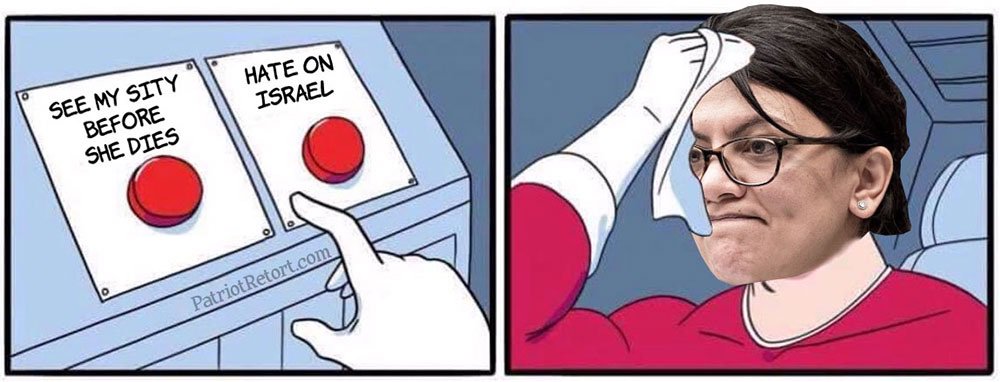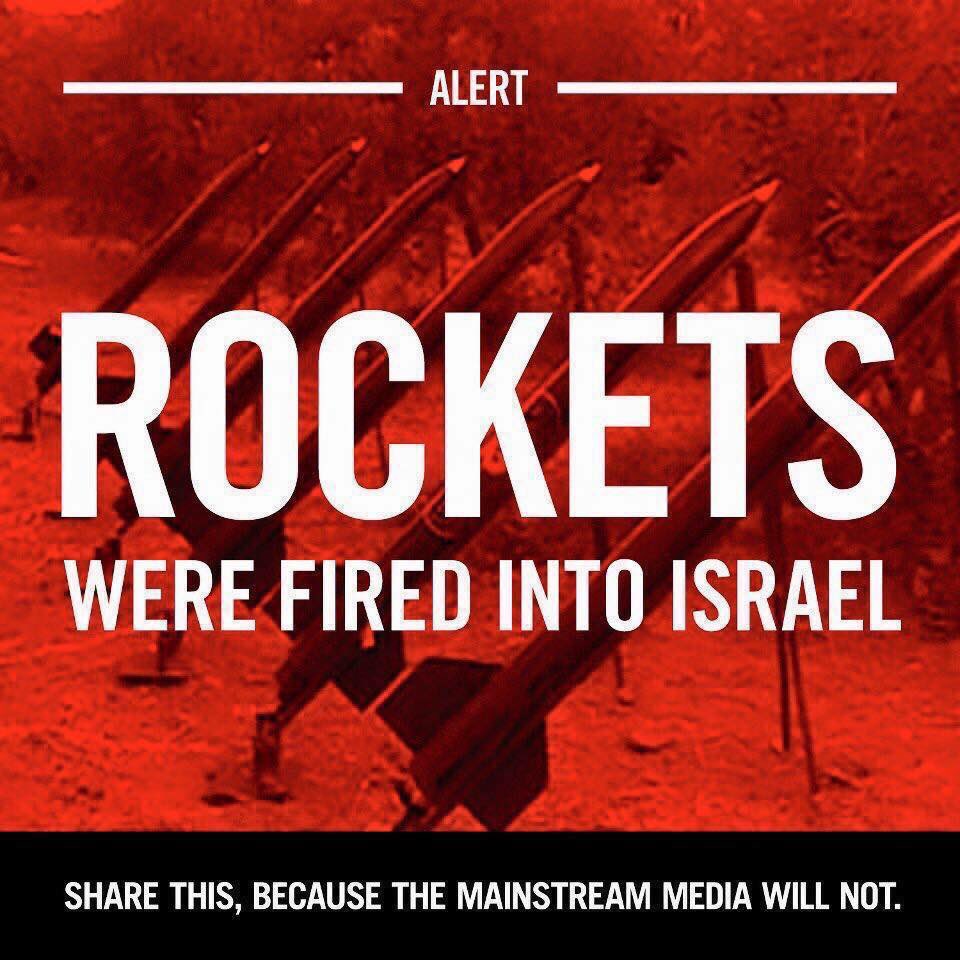Dr. Mordechai Kedar: Israel is the sole sovereign of the Temple Mount
If I were Israel's ambassador to Jordan, and I were called in for a dressing down over Israel's actions on the Temple Mount and over Israelis ascending the site to mourn the destruction of the First and Second temples on the annual Jewish fasting day of Tisha B'Av, I would remind the official doing the dressing down that we Jews worshipped the one God at the temple that was located at the site over 3,000 years ago. Islam is only 1,409 years old.Jpost Editorial: No need for UNRWA
I would remind the official that in classical Arabic, Jerusalem is referred to as Bayt al-Maqdis, meaning "temple," and that this is further proof of the falsehood that prevails today among the people of the region, according to which a temple never existed on the site.
I would present to Amman's envoy official Jordanian maps drawn prior to 1967, which have the words Mount Moriah written on the site of the Temple Mount, to its southeast the words Solomon's Stables, its south, the Valley of Josaphat, to the east of the mount, the Tomb of Zechariah and the Tomb of Absalom are listed, and to its west, Mount Zion. I would show the official these maps, and then I would note the following Arabic proverb: "A liar needs a good memory."
I would remind the official that while his country's 1994 peace agreement with Israel afforded the Hashemite Kingdom special status on the Temple Mount, Amman was not made sovereign of the site, because the sole sovereign of the site is Israel.
UNRWA – which employs more than 30,000 workers – has no motivation to end the “refugee crisis.” And since UNRWA’s mandate to resettle the Palestinian refugees was rescinded in 1965 without a serious reform, the numbers will keep on growing, to be used as a political tool against Israel.
The PA has reason to be concerned about UNRWA’s future, but it plays a double game, and it is time it is called out. On the one hand, the PA claims to represent the State of Palestine (which has observer-state status in the UN. and is recognized by more than 135 UN members), yet on the other hand it protests that the Palestinians continue to be refugees.
Alongside the status of perpetual refugeehood, UNRWA also perpetuates a culture of entitlement. Instead of fostering self-sufficiency, it is undermining the Palestinians it professes to care for. And that is without relating to the hate-filled nature of the education being received by Palestinian children, which deprives both the Palestinians and Israelis of hope for peace in the future.
UNRWA needs to be drastically reformed, with the aim of later closing it down and moving responsibility for the relatively small number of genuine refugees to the auspices of the UN’s High Commissioner for Refugees. The Palestinians themselves would be the first to benefit from UNRWA being revamped. UNRWA has done nothing to build a sustainable, peaceful Palestinian state. On the contrary. The report containing allegations of serious flaws could be the wake-up call the UN needs to reexamine UNRWA’s status. It’s time for the absurdity to end.
In Argentina, France, and Elsewhere in Europe, Attacks on Jews Are Judged by a Separate Yardstick
Indeed, a good two years before the Rue des Rosiers attack, following another terrorist outrage against a Jewish institution in Paris, Raymond Barre, then prime minister, acknowledged this reality. On October 3, 1980, a powerful bomb exploded near the entrance of the Reform synagogue on the Rue Copernic, wounding nearly 50 people and killing four: specifically, three Frenchmen and a young woman who turned out to be an Israeli tourist.
Interviewed on French television after the attack, which was blamed on far-right extremists but was more probably the work of Palestinians, Barre committed what those of a more generous disposition might describe as an unfortunate slip of the tongue. “This odious bombing,” he said, “was aimed at striking Jews who were going to the synagogue, and it hit innocent French people who were crossing the Rue Copernic.”
However distasteful, Barre’s remark was inadvertently enlightening. When Jews are in the crosshairs, an act of terrorism that might otherwise generate appalled outrage and swift police work could be rationalized if not excused. Some such thinking has left an indelible mark on governmental, judicial, and law-enforcement responses to anti-Semitic terror both in France and elsewhere in Europe. If it can be boiled down to a single principle, it is this: when it comes to the victims of Islamist-inspired terrorism, Diaspora Jews are innocent, but not as innocent as others.
Today, as then, terrorists can (and do) make the same calculation. Over the last decade in France, eight Jews have been killed by Islamist terrorists, three of them small children gunned down at a Jewish school in Toulouse in 2012. This has occurred amidst an atmosphere of rising anti-Semitism in the country and, with it, a broader tolerance of extreme violence directed at Jews.
Of course, terrorists have struck at many more general targets in France during the same time period, but these are seen by politicians and the media unambiguously as attacks on France itself, and not “merely” as attacks on Jews who happen to be living in France. This practical distinction between Jew and non-Jew, which has licensed bloodshed in the past, will no doubt do so again.













































